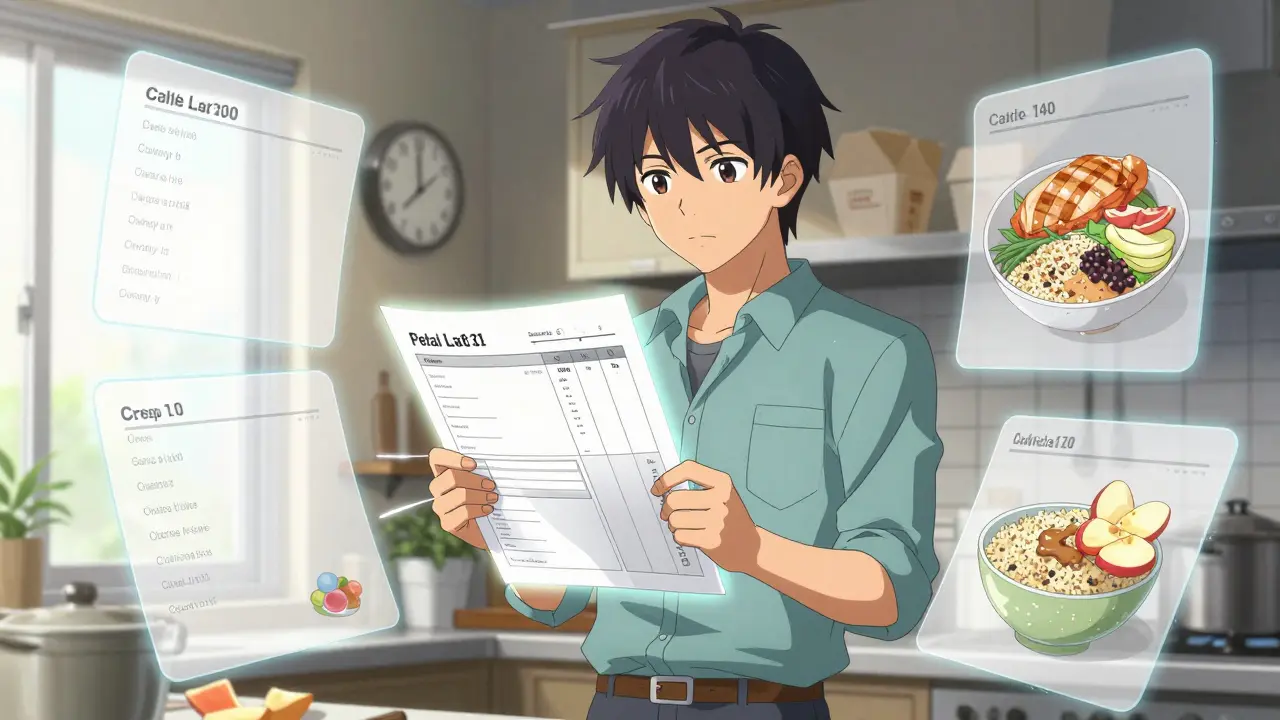Cystitis Symptoms: What Your Body Is Trying to Tell You
Got a burning feeling when you pee? Feeling like you have to run to the bathroom every few minutes? Those could be clues that your bladder is inflamed, also known as cystitis. It’s one of the most common urinary tract infections, especially for women, and catching it early makes treatment a lot easier.
In this guide we’ll walk through the top symptoms you might notice, explain why they happen, and tell you when to call a doctor. No medical jargon, just plain talk you can use right now.
Common Signs You Might Miss
Painful urination (dysuria) – This is the classic burn or sting that starts as soon as urine hits your urethra. The pain often eases a little after you finish, but it can come back quickly with the next trip to the bathroom.
Frequent urges – You might feel like you need to pee every hour or even more often. Your bladder isn’t emptying fully, so the nerves keep sending signals that something’s wrong.
Urgency with little output – It’s frustrating when you dash to the toilet and only a few drops come out. This happens because the infection irritates the bladder wall, making it contract more often than usual.
Cloudy or strong‑smelling urine – The bacteria that cause cystitis can change how your pee looks and smells. If you notice a sudden foul odor or a milky tint, it’s worth paying attention.
Lower abdominal discomfort – Some people feel a dull ache or pressure in the pelvis, just above the pubic bone. It’s not always sharp pain, but more of an “off” feeling that lingers.
Blood in urine (hematuria) – Tiny amounts of blood can turn your pee pink or reddish. It’s not common for everyone with cystitis, but if you see it, don’t ignore it.
When to See a Doctor
If any of the above symptoms last more than two days, it’s time to get professional help. Even if they improve quickly, a short course of antibiotics usually clears the infection and prevents it from coming back.
Seek urgent care right away if you experience fever, chills, nausea, or pain in your back or side. Those signs could mean the infection has spread to the kidneys – a condition called pyelonephritis that needs faster treatment.
Pregnant women should call their provider at the first sign of cystitis. Untreated infections can affect both mom and baby, so early care is crucial.
While waiting for your appointment, drink plenty of water to flush out bacteria. Cranberry juice may help some people, but avoid sugary drinks that can feed the germs.
Avoid holding urine for long periods; emptying your bladder regularly reduces irritation. After sex, urinating within an hour can also clear any bacteria that entered during intercourse.
Remember, cystitis isn’t a one‑time thing for many folks. If you’ve had it before, keep an eye on the early symptoms so you can treat it before it gets worse.
Bottom line: burning when you pee, needing to go often, and any weird changes in your urine are signals that your bladder might be infected. Spotting these signs early saves you time, discomfort, and a trip to the ER. Stay hydrated, listen to your body, and don’t wait too long to get medical advice.
Can Yoga Help with Cystitis Symptoms?
I recently came across an interesting question - can yoga help with cystitis symptoms? After doing some research, I found out that certain yoga poses can actually alleviate the pain and discomfort associated with cystitis. By stretching the pelvic area and promoting relaxation, yoga can help to reduce inflammation and improve overall well-being. So, if you're struggling with cystitis, it might be worth giving yoga a try as a natural and holistic approach to symptom relief. Remember, it's always best to consult with your healthcare provider before starting any new exercise routine.






